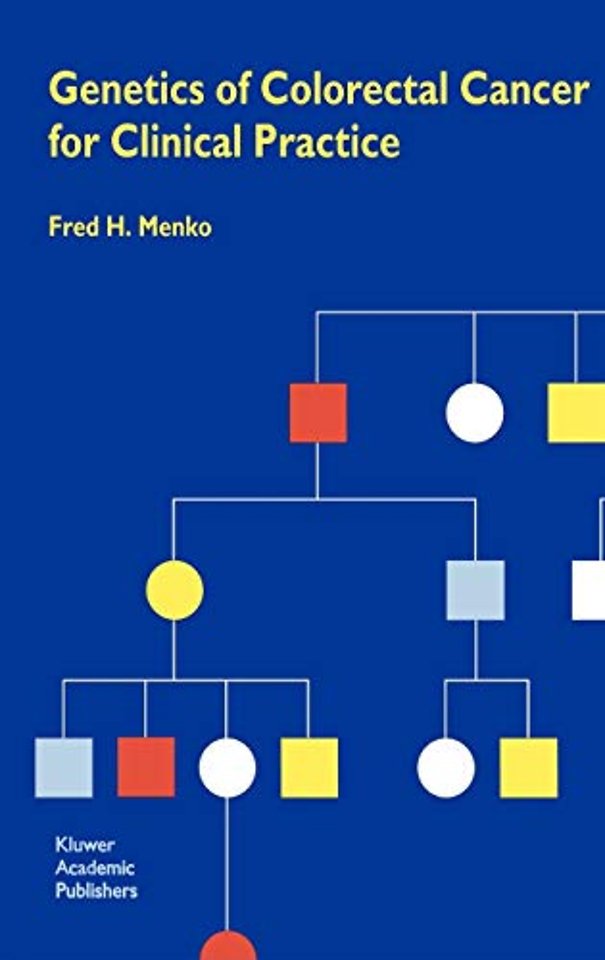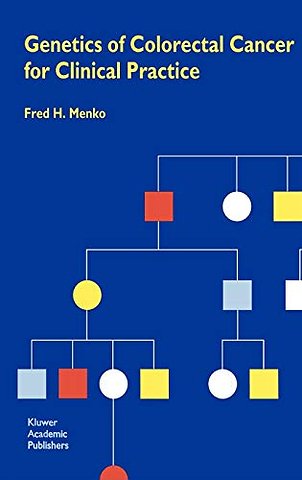Genetics of Colorectal Cancer for Clinical Practice
Samenvatting
Colorectal cancer is a collective term for a heterogeneous group of diseases. In a large proportion of cases, the condition is attributable to genetic predisposition. Those directly involved in the treatment of patients with cancer of the large bowel are confronted to an increasing degree with the genetic aspects of the disease. In familial and hereditary forms of the disorder periodic screening of the close relatives of the patients can in principle prevent disease and death from colorectal cancer. Presymptomatic diagnosis by means of DNA technology is now possible in many cases of familial adenomatous polyposis. Genetic diagnosis will be increasingly important for the identification of high-risk groups.
This book summarizes those aspects of the genetics of colorectal cancer that are important for clinical pracice. It has been stated that clinicians can contribute to the goal of reducing mortality from cancer by asking each patient about his or her family history of cancer. The aim of this book is to provide a guideline for the management of those situations in which the family history of colorectal cancer is found to be positive.

